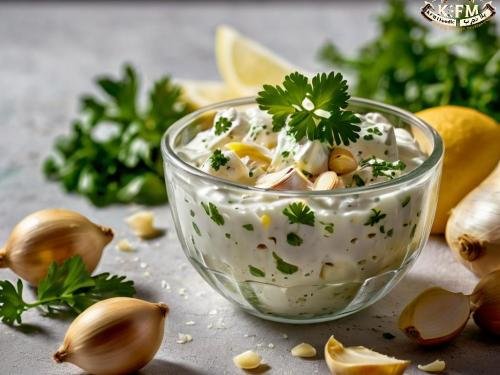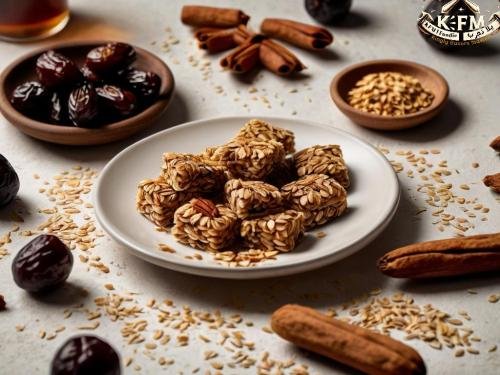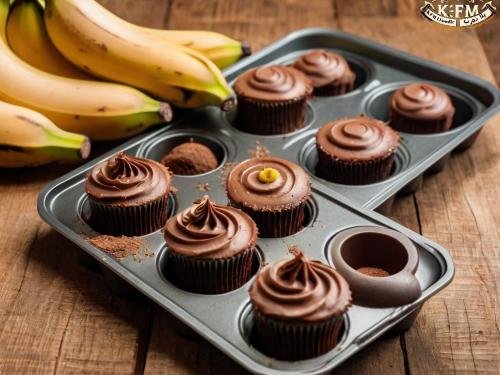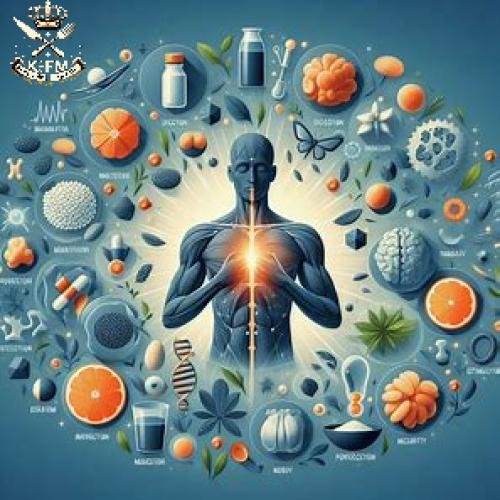
The Importance of Nutrition in Cardio Exercises:
Nutrition plays a crucial role in supporting physical performance during cardio workouts. Eating the right foods before and after exercise can significantly impact energy levels, performance, and recovery. Here are some key points:
- Energy Sources: The body needs carbohydrates as its primary fuel during exercise. Carbohydrates provide the necessary energy for muscles and help delay the feeling of fatigue.
- Protein for Recovery: After exercise, muscles need protein to repair damaged tissues and build new muscle mass. Consuming protein post-workout enhances recovery and helps reduce muscle soreness.
- Hydration: Water is essential to maintain fluid balance in the body and prevent dehydration, which can negatively affect performance.
Examples of foods beneficial for cardio exercises:
- Carbohydrates:
- Oats: A great source of complex carbohydrates, providing sustainable energy for the body.
- Fruits: Such as bananas and apples, rich in natural sugars and fiber, helping to stabilize blood sugar levels.
- Sweet Potatoes: High in vitamins and minerals, providing an excellent source of carbohydrates.
- Quinoa: Considered a complete protein, meaning it contains all the essential amino acids the body needs. It is also rich in fiber, vitamins, and minerals, helping to keep you feeling fuller for longer.
- Brown Rice: Contains a higher amount of fiber, vitamins, and minerals compared to white rice, making it more beneficial for heart and digestive health.
- Whole Grain Pasta: Provides more fiber and protein compared to white pasta, making it healthier for the heart and helping to regulate blood sugar levels.
- Pumpkin: Rich in vitamin A, potassium, and fiber, with antioxidant properties that help protect the body from diseases.

- Protein:
- Eggs: Contain all the essential amino acids needed for muscle building.
- Grilled Chicken: A light and easy-to-digest option that provides a significant amount of protein without excess fat.
- Lentils and Beans: Excellent sources of fiber, protein, vitamins, and minerals. They help lower blood cholesterol levels and improve heart health.
- Tofu: A great plant-based protein source, low in saturated fats, making it an ideal choice for vegetarians and those following a plant-based diet.
- Greek Yogurt: Rich in protein and calcium, and can be paired with fruits for a balanced meal.
- Healthy Fats:
- Avocados: Contain healthy fats that enhance satiety and support heart health.
- Nuts and Seeds: Such as almonds and chia seeds, rich in omega-3 and fiber.
- Beverages:
- Water: Essential for hydration before, during, and after exercise.
- Electrolyte Drinks: Especially useful after long or intense workouts to replenish salts and minerals.
- Leafy Vegetables: Spinach, kale, collard greens, lettuce, arugula:
- Rich in Vitamins and Minerals: Contain large amounts of vitamin K, vitamin A, iron, and calcium, playing a vital role in bone, skin, and blood health.
- Antioxidants: Protect cells from damage and reduce the risk of chronic diseases.
- Dietary Fiber: Aid digestion and promote satiety.
Summary: To achieve the best results from cardio exercises, it is important to combine them with a balanced diet that provides the necessary nutrients. Choosing the right foods can enhance exercise performance and speed up recovery. Always listen to your body and adjust your food intake according to your individual needs and fitness goals. Consulting with a nutrition specialist can help you design a diet plan tailored to your physical activity and ensure you get the most out of your cardio workouts.




















